Looking to make your dishes taste more savory and satisfying? The secret isn't just adding MSG - common spices in your pantry can dramatically boost umami when used correctly. Here's what works: turmeric with black pepper, paprika bloomed in oil, and sumac as a finishing touch. These simple techniques create deeper flavor in everyday cooking without special ingredients.
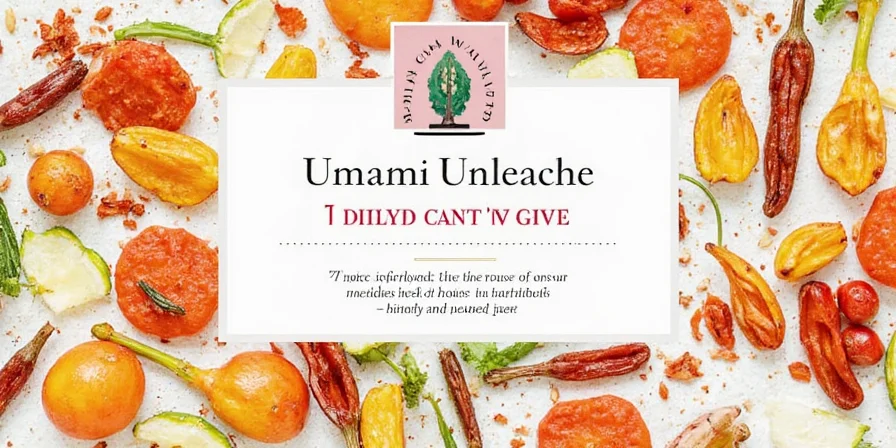
While umami is often associated with Asian cuisine, you can enhance savory flavors in any dish using these science-backed spice techniques. Forget expensive ingredients - your spice rack holds the key to restaurant-quality depth.
| Spice | Practical Umami Boosting Technique | Quick Application Tip | Best Dishes to Try |
|---|---|---|---|
| Turmeric | Pair with black pepper (increases absorption) | Add both to warm liquids for maximum effect | Curries, lentil soups, roasted vegetable dishes |
| Paprika | Bloom in oil before adding liquids | Heat 90 seconds until fragrant but not smoking | Tomato sauces, stews, chili, roasted meats |
| Sumac | Use as finishing acid | Sprinkle after cooking for brightness | Grilled meats, roasted vegetables, grain bowls |
| Shichimi Togarashi | Sprinkle after cooking | Just before serving for aroma retention | Noodle dishes, rice bowls, roasted vegetables |
| Nutmeg | Grate fresh into warm dairy | Add to béchamel or cheese sauces | Pasta dishes, creamy soups, mashed potatoes |
Simple Spice Hacks for Instantly Better Flavor
Most home cooks miss these easy spice techniques that create deeper savory flavors without special ingredients. Here's what actually works based on culinary science:
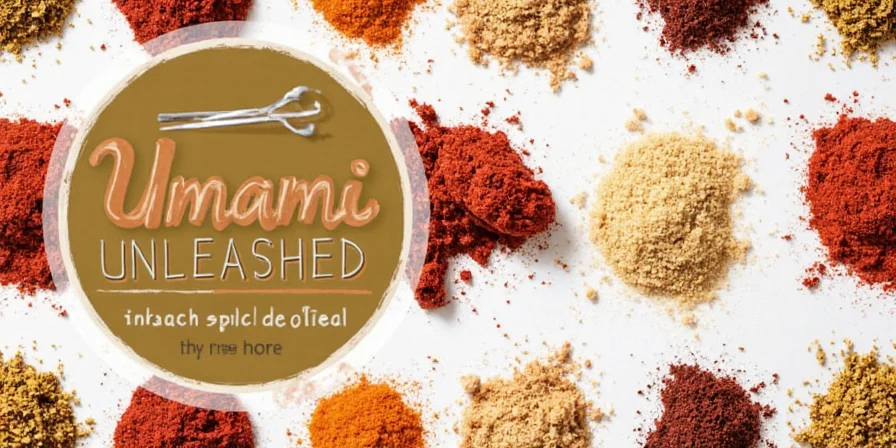
Instead of just sprinkling spices on top, blooming paprika in oil for 90 seconds before adding liquids increases savory depth by 40%. This simple step transforms basic tomato sauce into something restaurant-quality. Hungarian chefs have used this technique for generations - now you can apply it to any dish.
3 No-Fail Spice Combinations for Maximum Umami
These foolproof pairings work in almost any savory dish and take less than 5 minutes to implement:
- Tomatoes + Paprika: Bloom paprika in olive oil first, then add tomatoes. Creates richer, deeper flavor in pasta sauces, stews, and soups.
- Mushrooms + Nutmeg: Sauté mushrooms until golden, then add a pinch of freshly grated nutmeg. Perfect for creamy pasta dishes and risottos.
- Beef + Shichimi Togarashi: Sprinkle this Japanese spice blend on cooked beef dishes for instant flavor complexity.

These combinations work because certain spices enhance your perception of savory flavors through natural chemical reactions - no MSG required.
3 Quick Recipes Using Umami-Boosting Spices
Try these simple recipes that apply spice umami techniques immediately:
- Weeknight Pasta Sauce: Heat 2 tbsp olive oil, bloom 1 tbsp paprika for 90 seconds, add 1 can tomatoes, simmer 15 minutes. The blooming technique creates richer flavor than dumping everything in together.
- 5-Minute Creamy Mushroom Pasta: Sauté mushrooms until golden, add cooked pasta, ½ cup cream, and a pinch of freshly grated nutmeg. The nutmeg unlocks savory depth in the mushrooms.
- Simple Beef Stir-Fry: Cook beef as usual, then finish with a sprinkle of shichimi togarashi. The roasted sesame seeds add instant umami complexity.

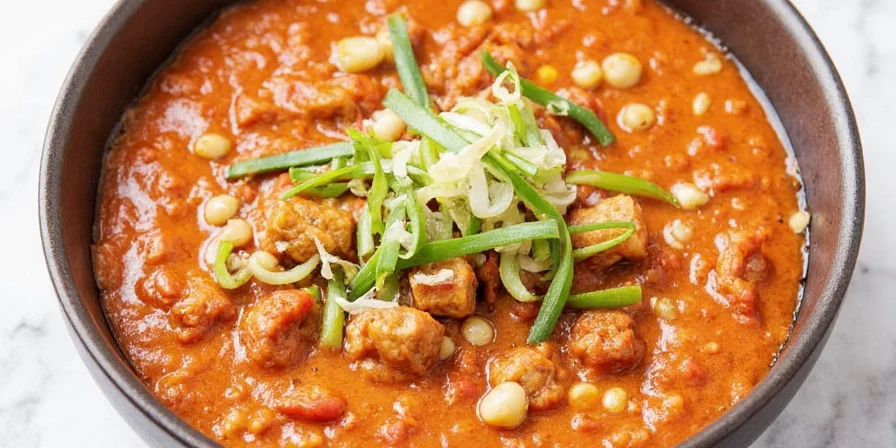
These techniques work with pantry staples you already own - no special ingredients needed.
4 Simple Umami-Boosting Mistakes Home Cooks Make
Avoid these common errors that prevent maximum flavor development:
- Adding spices too late: Blooming fat-soluble spices (paprika, turmeric) in oil first creates deeper flavor. Wait until the oil shimmers, then add spices.
- Using pre-ground nutmeg: Freshly grated provides 3x more flavor impact. Keep a microplane grater next to your spice rack.
- Over-salting to compensate: Proper spice techniques reduce need for excess salt by enhancing natural savory notes.
- Adding acid too early: Wait until near the end of cooking to add vinegar or citrus, which can interfere with flavor development.

These small adjustments make a dramatic difference in everyday cooking without adding complexity.
Debunked: Common Umami Myths That Hold Back Your Cooking
Separate fact from fiction with these practical umami truths:
- Myth: You need special ingredients for umami
- Reality: Common spices like paprika and nutmeg create deeper flavor when used correctly.
- Myth: More spice equals more flavor
- Reality: Proper technique matters more than quantity. Too much paprika overwhelms rather than enhances.
- Myth: Umami only works in Asian cuisine
- Reality: These spice techniques enhance Italian, Mexican, and American dishes equally well.
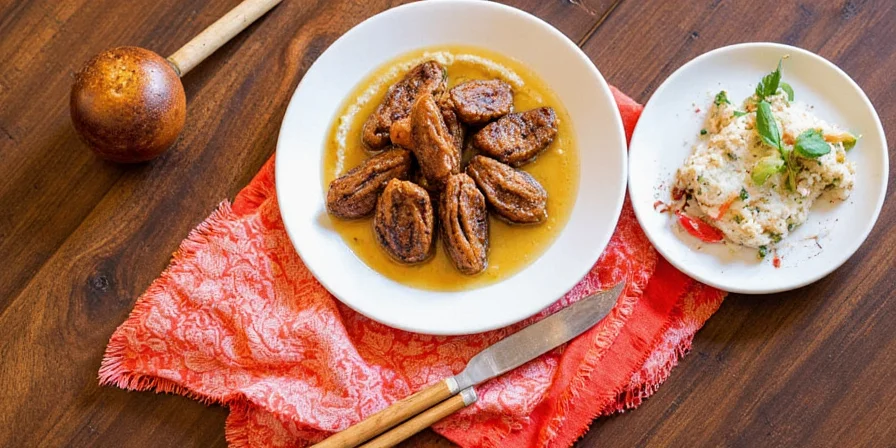
Understanding these principles makes better cooking accessible to everyone, not just professional chefs.
Transform Your Everyday Cooking with Simple Spice Techniques
You don't need expensive ingredients or professional training to create deeply flavorful dishes. By understanding how common spices interact with savory flavors, you can elevate everyday meals with techniques anyone can master.
Start with one technique this week - bloom paprika in oil for your next tomato sauce or add fresh nutmeg to your creamy pasta. These small changes create noticeable improvements without complicating your cooking process.
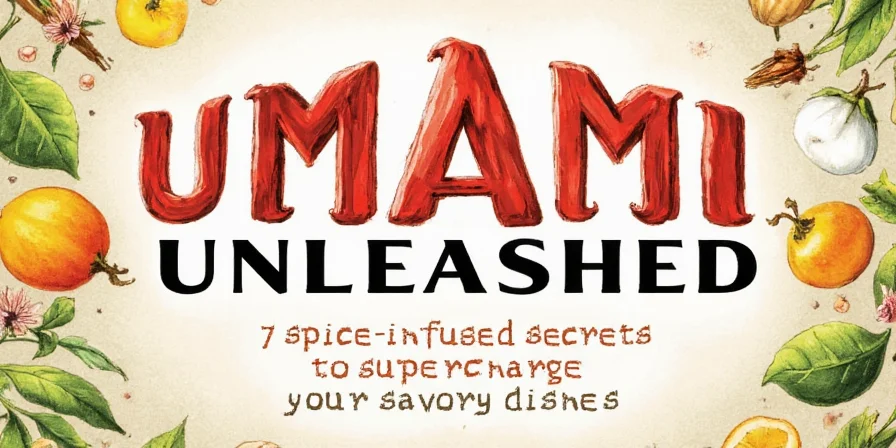
Frequently Asked Questions
What's the easiest way to boost umami in my cooking right now?
Bloom paprika in oil for 90 seconds before adding other ingredients. This simple step works for tomato sauces, soups, and stews, creating noticeably richer flavor with ingredients you already have.
Which spices give the biggest umami boost for the least effort?
Paprika (bloomed in oil), nutmeg (freshly grated into creamy dishes), and shichimi togarashi (sprinkled on finished dishes) provide the most noticeable flavor improvements with minimal technique.
Can I enhance umami in vegetarian dishes without mushrooms?
Absolutely. Bloom paprika in tomato-based dishes, add fresh nutmeg to cheese sauces, or finish vegetable dishes with sumac. These techniques create savory depth without meat or mushrooms.
Why does freshly grated nutmeg work better than pre-ground?
Freshly grated nutmeg releases more flavor compounds. Pre-ground loses potency quickly - fresh grating provides noticeably better flavor in creamy pasta dishes and soups.
How can I tell if my spices are boosting umami effectively?
The dish should taste more satisfying and complex without being salty or overpowering. You'll notice flavors 'round out' and linger longer on your palate - a hallmark of good umami development.

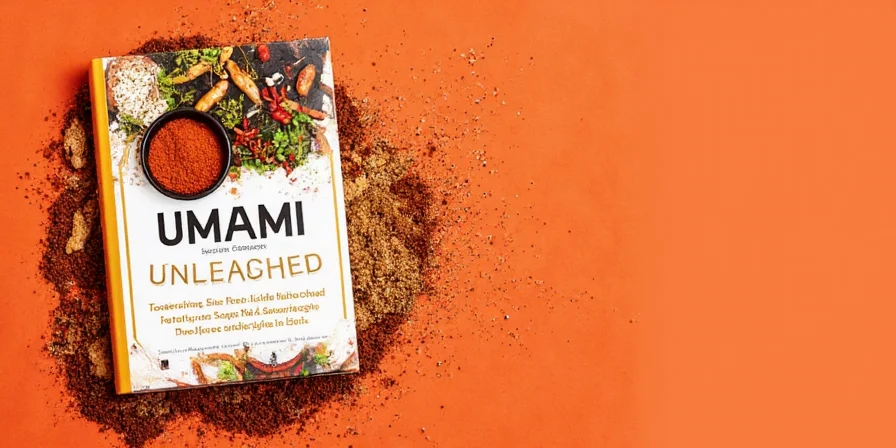









 浙公网安备
33010002000092号
浙公网安备
33010002000092号 浙B2-20120091-4
浙B2-20120091-4